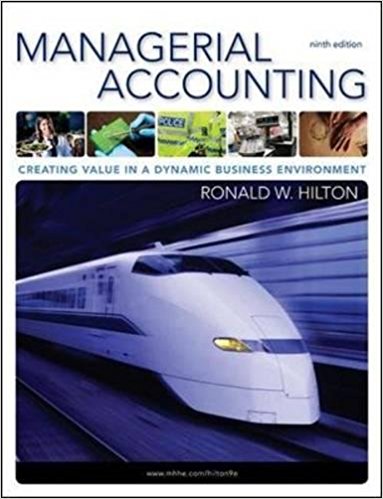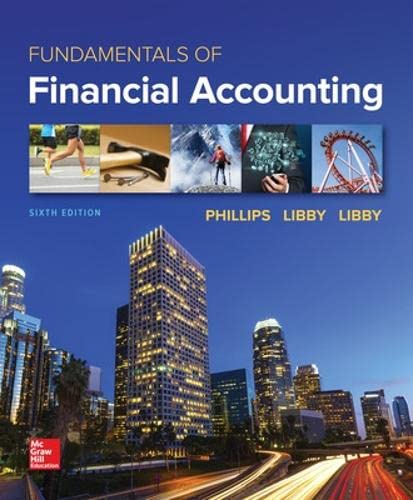Managerial Accounting Creating Value in a Dynamic Business Environment 9Th Ed By Hilton – Test Bank
Chapter 03
Product Costing and Cost Accumulation in a Batch Production Environment
True / False Questions
1. Manufacturing overhead is a pool of indirect production costs that must somehow be attached to each unit manufactured.
True False
2. Electricity costs that were incurred by a company’s production processes should be debited to Utilities Expenses.
True False
3. The final step in recognizing the completion of production requires a company to debit the Finished-Goods Inventory and credit the Work-in-Process Inventory.
True False
4. Under- or overapplied manufacturing overhead at year-end is most commonly charged or credited to the Work-in-Process Inventory.
True False
5. The term “normal costing” refers to the use of job-costing systems.
True False
Multiple Choice Questions
6. Product costing in a manufacturing firm is the process of:
A. accumulating the company’s period costs.
B. allocating costs among the firm’s departments.
C. placing a value on the company’s fixed assets.
D. assigning costs to the firm’s inventory.
E. assigning costs to the company’s managers.
7. Which of the following statements is true?
A. Service firms have little need for determining the cost of their services.
B. The concept of product costing is relevant only to manufacturing firms.
C. The cost of year-end inventory appears on the balance sheet as an expense.
D. Service companies use cost information for planning and control purposes.
E. Mining and petroleum companies have no inventoriable costs.
8. Which of the following manufacturers would most likely use job-order costing?
A. Chemical manufacturers.
B. Microchip processors.
C. Custom furniture manufacturers.
D. Gasoline refiners.
E. Fertilizer manufacturers.
9. A custom-home builder would likely utilize:
A. job-order costing.
B. process costing.
C. mass customization.
D. process budgeting.
E. joint costing.














Reviews
There are no reviews yet.